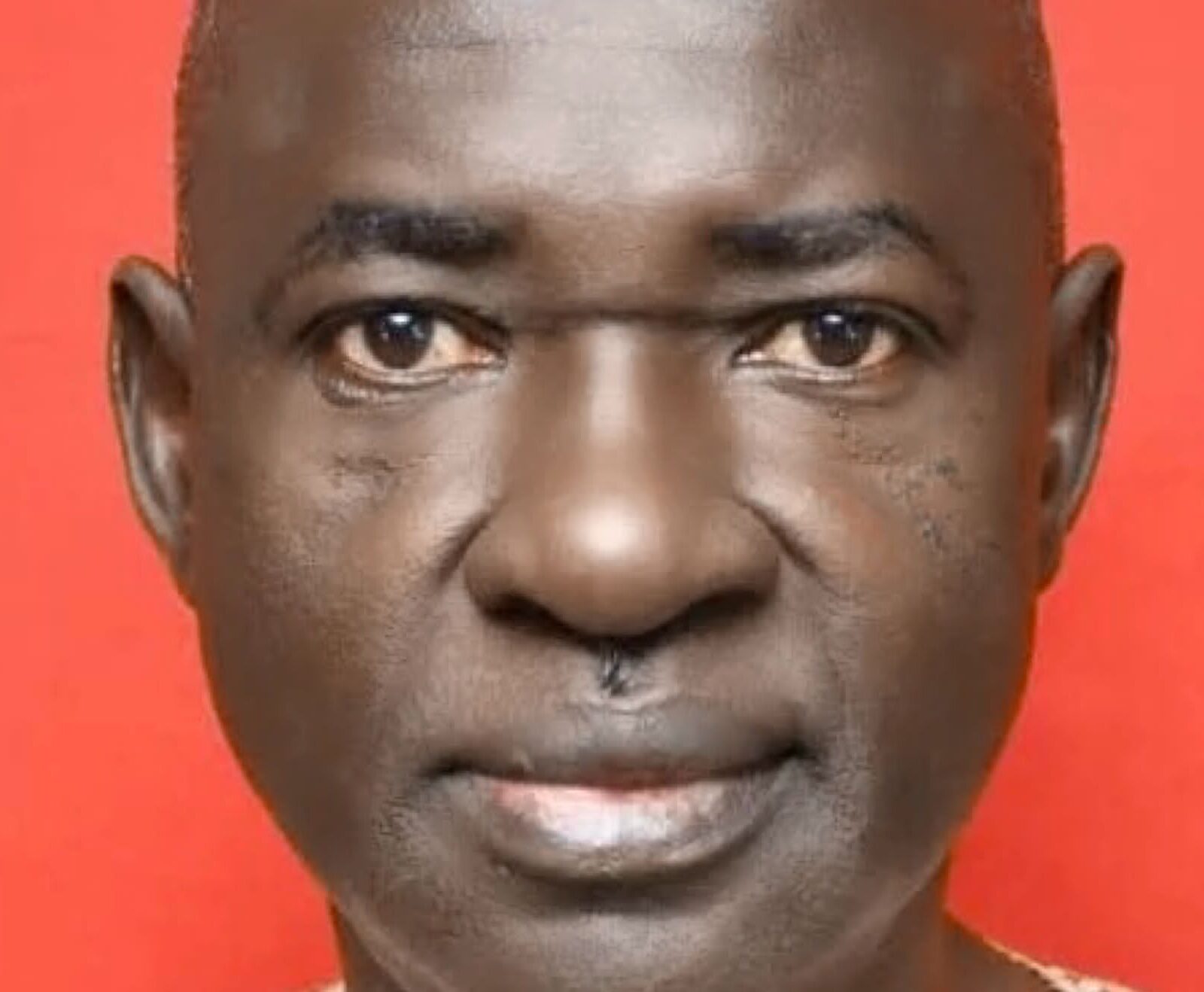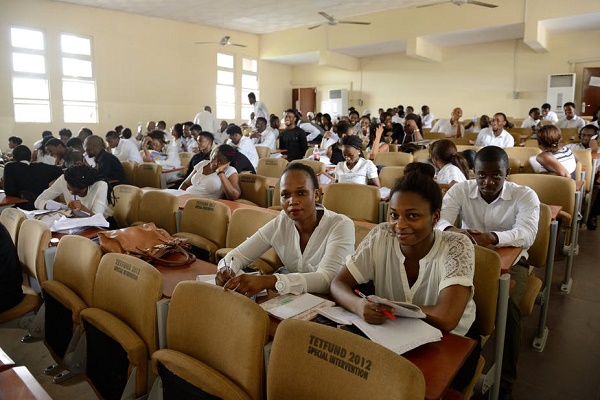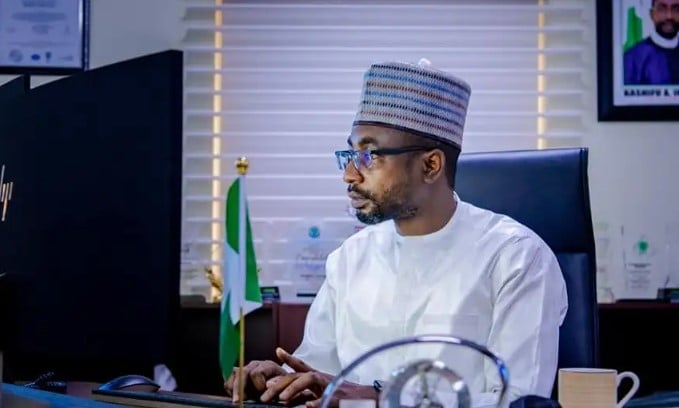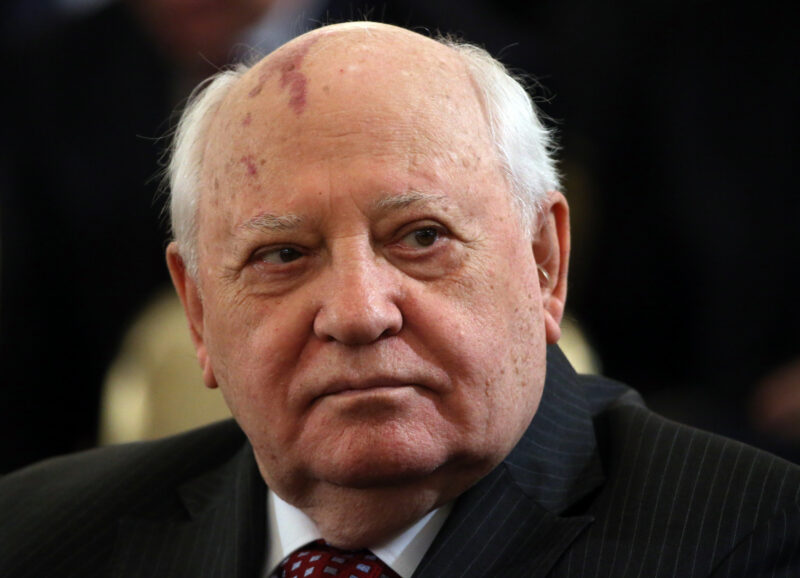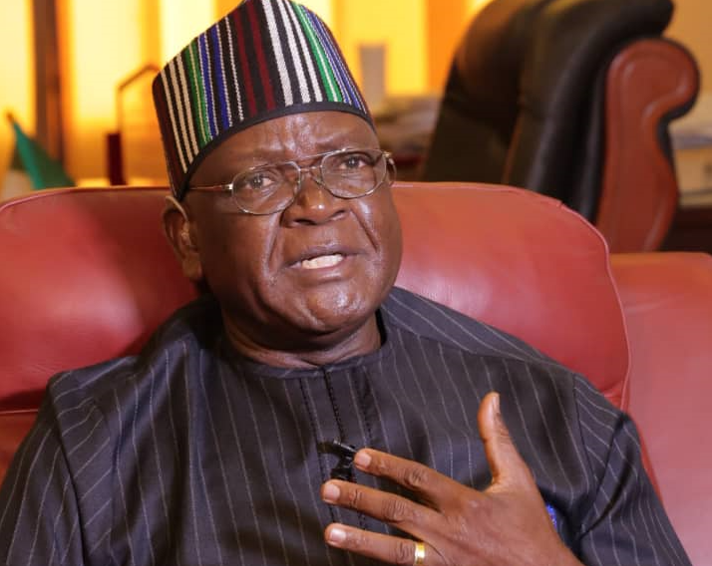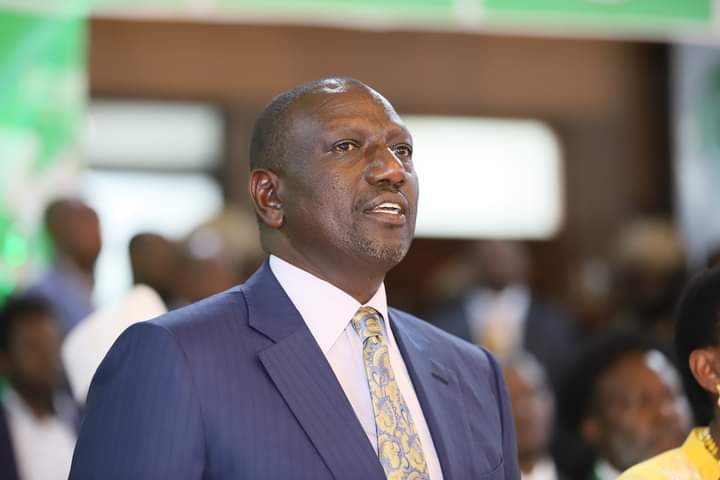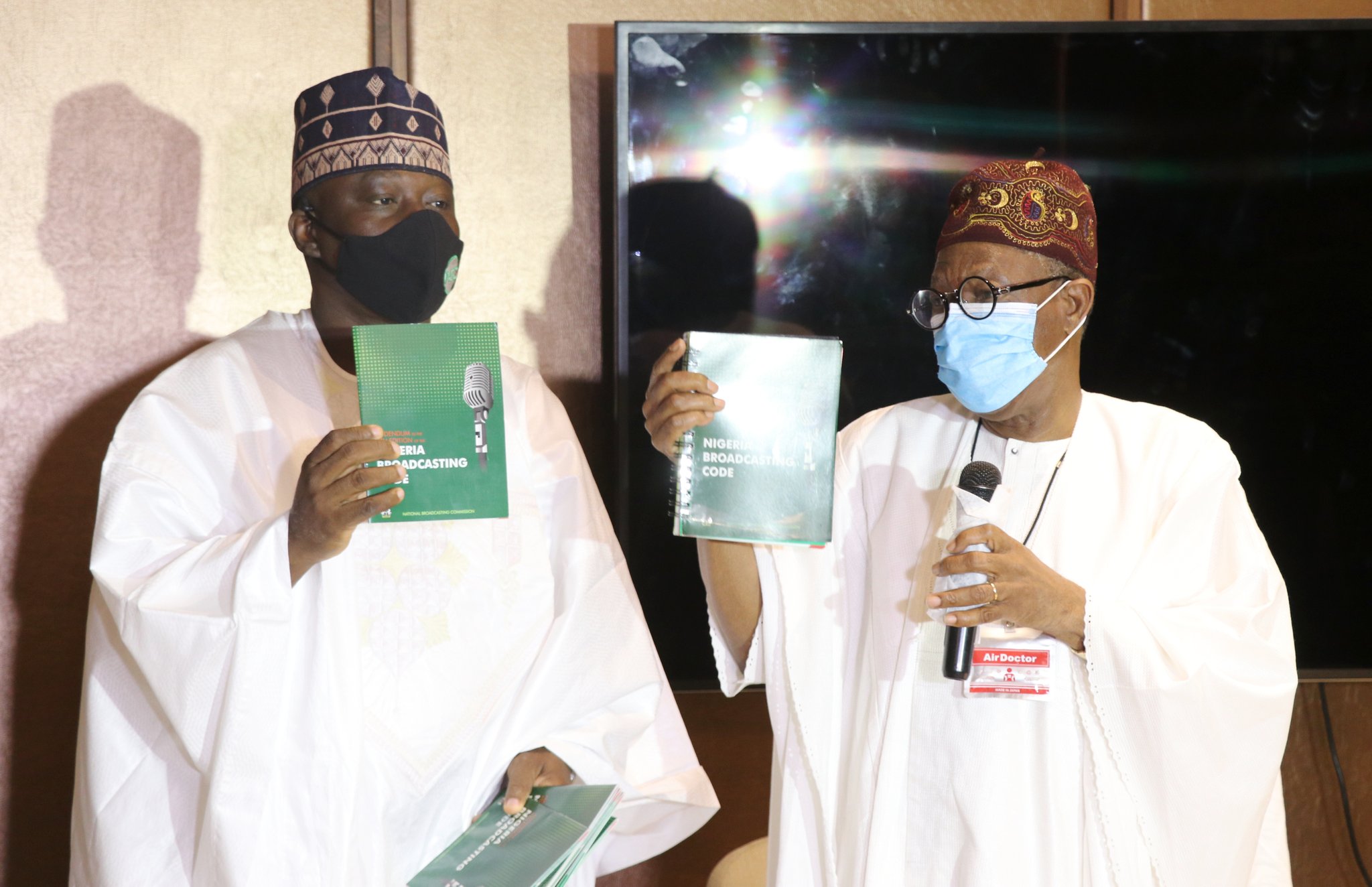PressPayNg to launch app facilitating tuition loans for tertiary institution students
In April this year, an Art professor called me from the University of Ibadan and asked: “Have you heard anything about our matter?” Feigning ignorance, I wanted to know exactly what he meant. “The strike, of course,” was his response. Based on my humble assessment at the time, I counselled him thus: “Think of any other productive thing to deploy his energies to at this point – poultry farming, just whatever – that catches his fancy”. When he told me that he would work on his inaugural lecture, I wished him well and sincerely hoped that he would deliver it someday.
My advice was neither a product of cynicism nor sarcasm. I had watched this federal government negotiate with labour across various sectors and the mostly sorry outcomes. I had also seen the makeup of the current leadership of the Academic Staff Union of Universities (ASUU) and its no-retreat-no surrender stance. And now, the strike, first declared by ASUU in February, has just been pronounced total and indefinite. Welcome to a tunnel of needless, avoidable woes, especially for the weak and, ultimately, the nation in general.
In my article, ‘Pick Your Fights, ASUU Members’, published on July 21, 2022, I advised the striking dons to streamline the demands and concentrate more of their own welfare and entitlements; that fighting for the upliftment of the entire system and holding the government to account, though noble, are not feasible in the present circumstances. Expecting this administration to do the needful would be asking for too much considering the calibre and disposition of those negotiating from its side of the table. I have read and listened to many analysts whose anger is directed solely at ASUU members for “keeping our children at home for too long in pursuit of their own selfish interests”. I sometimes wonder how people could rush into believing unsubstantiated claims by government officials who have done little to deserve the trust of Nigerians.
For me, the climax finally arrived the other day when the minister of education, Adamu Adamu, announced in a press conference that the government had settled most of the grievances of the lecturers and that they should forget their outstanding salaries accumulated in the course of the industrial action. He then went on to try his mouth on the bizarre: “Nigerian students in public universities, get ready to sue your lecturers for the time lost in the pursuit of your degrees and diplomas”. It does not take special perceptive powers to see that bravado coming. It requires, instead, a knowledge of the present parlous state of our national coffers, government’s growing helplessness (let’s spare it ‘cluelessness’, a word it used regularly to describe the administration it succeeded) to find workable solutions, and its capacity for tardiness, nonchalance, insensitivity, deviousness and impudence. One thing you cannot deny the government, though, is its conversance with the psyche of many Nigerians. Their reluctance in scrutinising official pronouncements is legendary. Since Adamu made those assertions, even some ardent sympathisers of the positions of ASUU have jumped ship without bothering to know exactly how things stand currently.
Advertisement
The union’s weakest point in this protracted and painful drama is its public communication strategies. If well-conceived methods exist within the organisation at all, they are clearly ineffective. No matter how brilliant any goal for the general good is, adequately communicating it to the relevant publics should be paramount in the chart of priorities. I have spent the last few days trying to explain, with mixed results, the sad, self-defeating statement reportedly made by the national president of ASUU, Emmanuel Osodeke, about some state universities being quacks. His reactions since then have been denials. In my view, a prompt apology or more credible clarification from him would have doused this fouled atmosphere that ASUU does not need right now within its ranks. Any attempt to proceed with divided fronts will be injurious to the corporate objectives of a group that has already given so much in the fight to salvage this all-important segment of education.
Students of the media of mass communication know that it is always wiser to speak more from the head than the heart in treating burning issues on the mass media. Recall that some days before his Arise News gaffe, the professor of soil science had called on Nigerian youths to vote out the ruling party in next year’s general election for jeopardising their interests. In so doing, he unwittingly pulled his union directly into the political arena. Someone in the hot seat he occupies should not openly give in that often to the dictates of his emotions to the detriment of the collective aspirations of his colleagues.
The weight on Osodeke’s shoulders must be excruciating. His passion about the task before him is unquestionable, a trait readily noticeable in his media outings. Unfortunately, however, he appears to be unravelling at this critical moment. He needs the understanding and empathy of the public, certainly not latching onto his perceived weaknesses to hang ASUU which in the long run might be guilty of embarking on grossly misunderstood and underappreciated heroism. The union urgently needs to soften some of its grounds to show that it is still a part of the changing world.
Advertisement
ASUU’s ideological and operational shortcomings notwithstanding, at the heart of the struggle is a push to enhance university education, a quest that should excite every patriotic citizen. Name calling, muscle-flexing and uninformed anger should not define how the interested parties react to the predicament of our ivory towers. Take state universities, for instance. There are enough reasons for ASUU to know where and when to draw lines between federal and state institutions in its various agitations, most outstanding been their different ownership structures. The unitary system of government has since given way to the federal. But seizing this charged period to part ways with the national body of public university lecturers would not be in the overall interest of the state-owned branches.
The role of the federal government (executive and legislative arms), as the nation’s apex entity, in these spiralling crises will surely be interrogated in the years to come, far beyond May 29, 2023.
Even in crucial matters relating to proper funding, which it keeps arguing is now beyond its reach, it is still its responsibility to lead the discussions and efforts to institute alternative solutions. ASUU, contrary to what some people think, has not reduced strikes to pastimes. Those who want lecturers to employ viable options have not articulated what they are. Is there any virtue in consistently ignoring agreements reached or in releasing, not even executing, reports of the bargaining and review committees set up by the government itself? If the aim is to present ASUU members as irresponsible and rubbish them in the estimation of the public, who gains in the end?
Nigeria is witnessing a tragedy of epic proportions, only that it probably has not become very apparent. We may not be conscious of the fact that more premium is placed on certificates rather than the quality of schooling itself. Emphasis is often put on the redundancy of students during strikes and its effects and also the psychological burden that is automatically transferred to their parents and guardians. Commensurate energy hardly goes into pondering over the impact on teachers. Apart from financial disability, there is assault on the morale and esteem of the average lecturer. We must not forget that no amount of coercion, legislation or monitoring can compel a teacher to give his or her best. The volume of the multifarious damage being done to tertiary learning is better imagined.
Ekpe is a member of THISDAY editorial board
Advertisement
Views expressed by contributors are strictly personal and not of TheCable.
